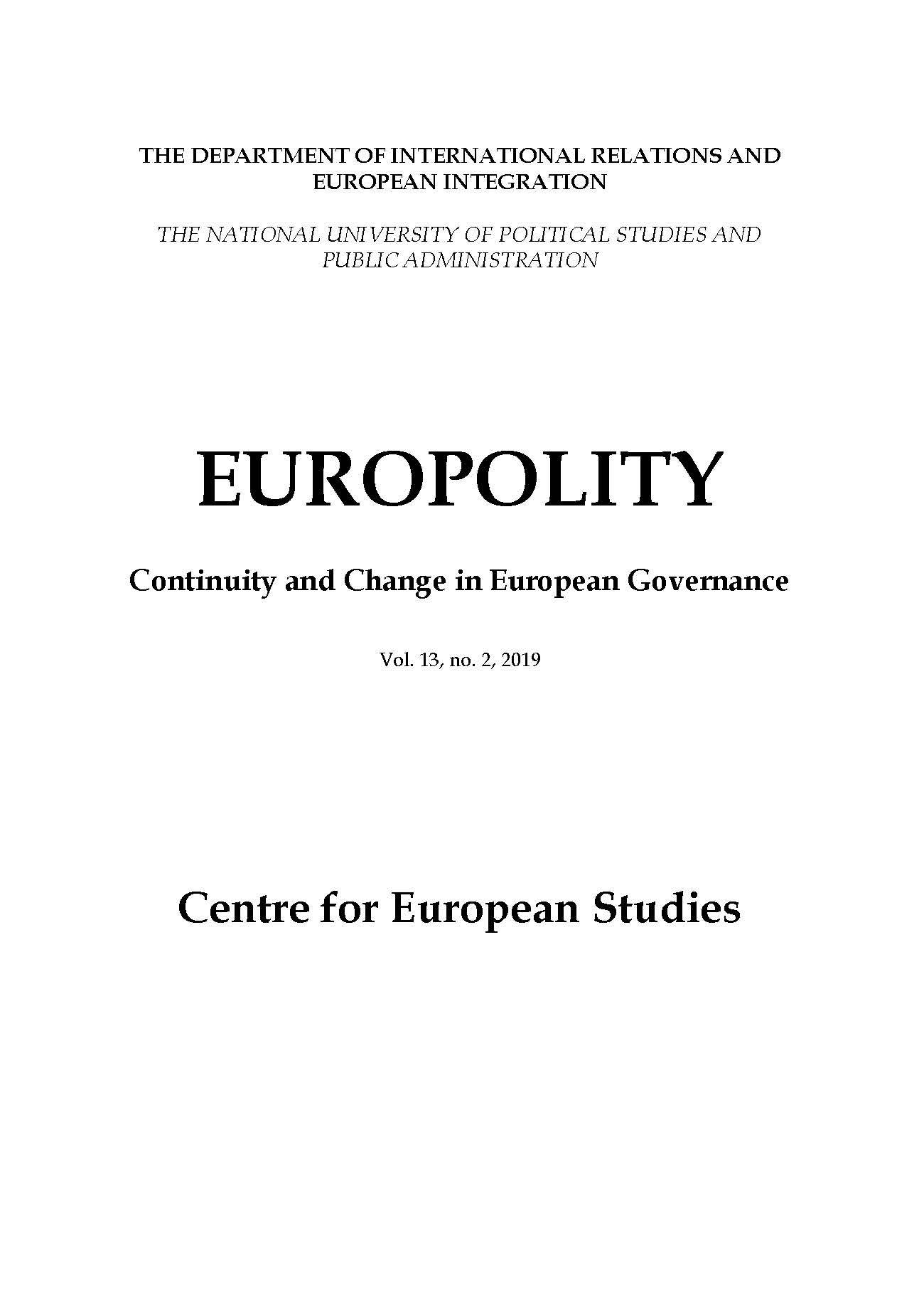THE ROOTS OF ISLAMOPHOBIA IN CONTEMPORARY EUROPE. THE RESULTS OF AN EMPIRICAL RESEARCH
THE ROOTS OF ISLAMOPHOBIA IN CONTEMPORARY EUROPE. THE RESULTS OF AN EMPIRICAL RESEARCH
Author(s): Osman KOMURCUSubject(s): Politics / Political Sciences, Civil Society, Governance
Published by: Scoala Nationala de Studii Politice si Administrative (SNSPA)
Keywords: Diversity; Islamophobia; multiculturalism; public policies;
Summary/Abstract: Multiculturalism is a term that encompasses the variety of policy responses promoted by democratic governments all over the world in order to address one of the main issues derived from a phenomenon that has characterized the 20th century and the beginning of the 21st century: globalization. This phenomenon has had many secondary effects, the increased migratory trends being the effect addressed by multiculturalist policies. The larger number of migrants who have taken advantage of the faster and cheaper transportation available to the average citizen has put pressure on the host societies, which had to find solutions in order to accommodate the large migratory influxes. Multiculturalism has proven to be a successful policy in several countries, but in the past three decades the efficiency of multiculturalist policies has been questioned with the rise of currents that deny diversity (xenophobia, racism or Islamophobia). Being the newest current that opposes multiculturalism, Islamophobia is a concept that is placed in the center of this article, an article that not only tries to define the new tendencies represented by Islamophobic views, but also to identify how these tendencies are reflected in the European Union. A semi-structured interview and a questionnaire were the instruments used in order to collect the data needed for identifying how multiculturalism and Islamophobia manifest themselves, the results showing that most of the EU countries foster integration of Muslim immigrants. However, some countries have a much larger Muslim community than others, which, in turn, generates more problems like ghettoization or the higher intensity of Islamophobic tendencies. These results allow in the end of the article the drawing of several conclusions regarding the way multiculturalism and Islamophobia manifest in the EU and the proposal of several policy recommendations that could be implemented by authorities in order to combat the rising issues generated by the Islamophobia current.
Journal: Europolity - Continuity and Change in European Governance
- Issue Year: 13/2019
- Issue No: 2
- Page Range: 179-199
- Page Count: 20
- Language: English

